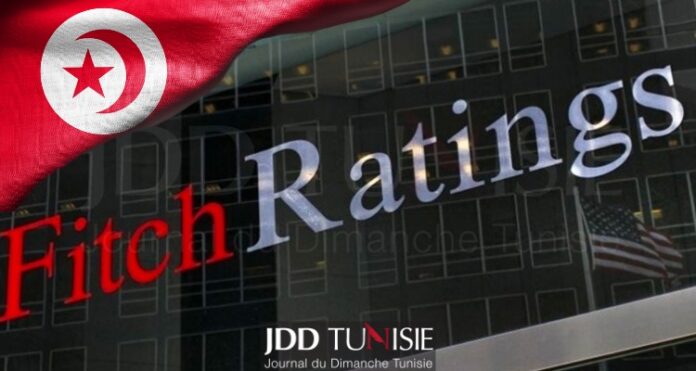The international credit rating agency “Fitch Ratings” announced the downgrading of Tunisia’s sovereign rating from “B” to “B-”, with negative prospects.
Former Finance Minister and Economist Hakim Ben Hammouda said in a statement to the JDD Tunisie website that this classification will have negative repercussions, saying that it is a warning of danger, given that the agency relied, in its classification, on the tense political situation in Tunisia and the rise in indebtedness to record levels.
The agency had said that political division and social protests have limited the government’s ability to proceed with the required reforms and enact strong fiscal consolidation measures, further complicating efforts to secure the IMF program.
Ben Hammouda added that these reasons are enough to make foreign investors and international financial institutions review their accounts, especially when Tunisia exits the international markets in order to obtain a patch loan.
Urgent solutions
Hakim ben Hammouda said that the ratings by which credit rating institutions evaluate countries is an indication to some extent of the number that a student gets at the end of the school year, and it gives the impression about the economies of these countries either by encouraging investment or by discouraging it.
He insisted on the need to speed up the implementation of economic reforms and find solutions to agree with international financial institutions and donor countries, which must be given the highest priority.
high deficit
Fitch Ratings stated that the downgrade to “B-” with negative prospects on the back of increased domestic and external liquidity risks in conjunction with the delay in agreeing on a new program with the International Monetary Fund to support the budget.
In its report, the agency expected that the deficit rate would remain high at 8.9 percent of GDP for the year 2021, compared to the previous year.








